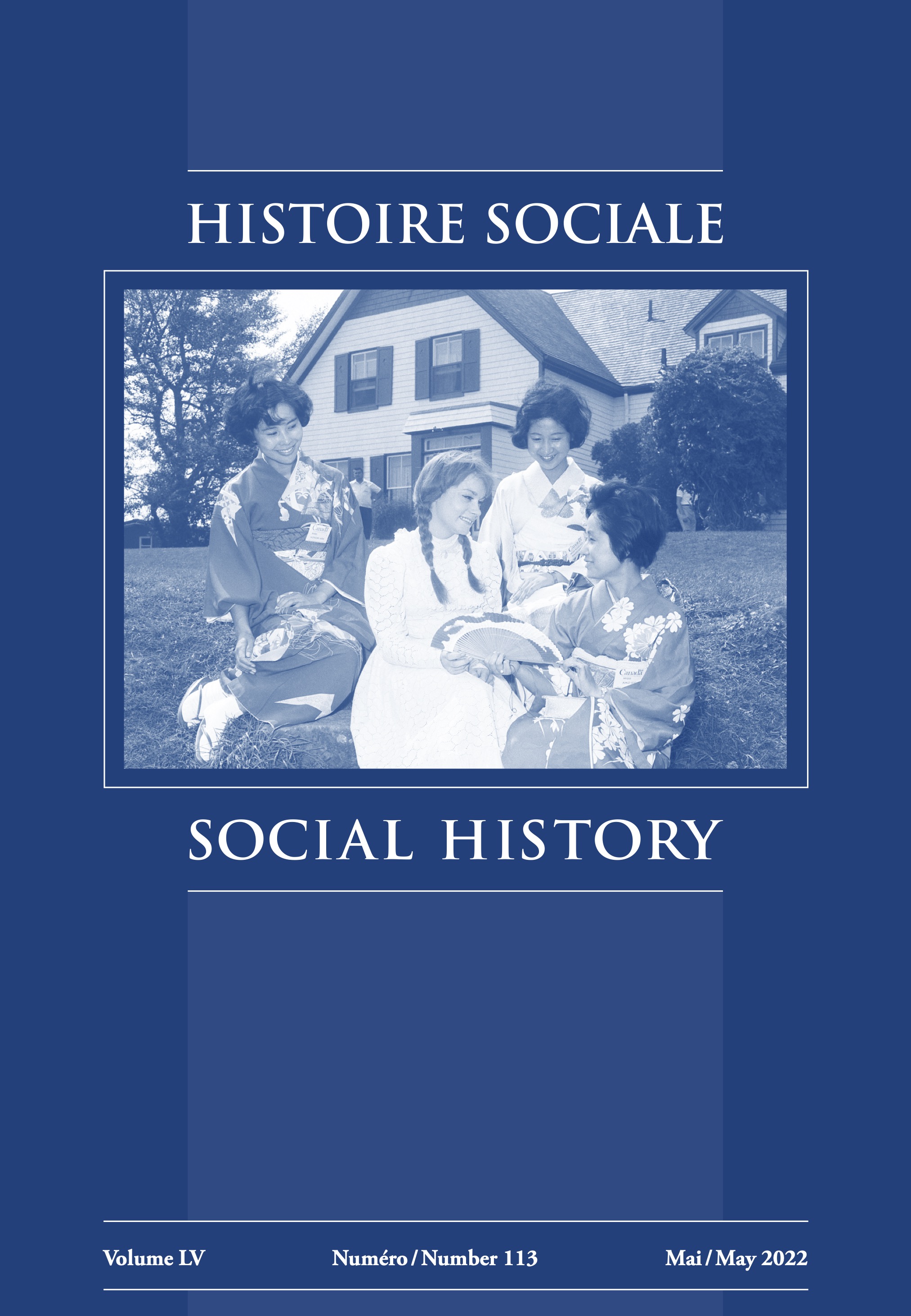The In-Between World of a Coast Salish Shaman: Charlie Wilson/Chliraminset of Kuper (Penelakut) Island, British Columbia, 1880–1904
Abstract
Based largely on the diaries of an Anglican missionary and the recorded memories of a Coast Salish elder, this article follows the path of a shaman during the last 24 years of his life on what was then known as Kuper Island (today’s Penelakut Island) in British Columbia’s Salish Sea. Despite the confiscation of the island’s Lamalcha village site by the British authorities in 1863, Chliraminset—known in English as Charlie Wilson—returned and adapted successfully to the new colonial regime as a farmer and logger, among other economic activities. His more traditional role as a shaman was also a lucrative one, but fundamental to the high-ranking social status he desired were the potlatches he hosted in order to display and distribute much of his material wealth. Chliraminset’s aggressive behaviour served increasingly to alienate him from members of his own community, but his life story serves as an example of how the West Coast’s expanding market economy in the late nineteenth century could serve, paradoxically, as a means of perpetuating traditional cultural practices and identity.


